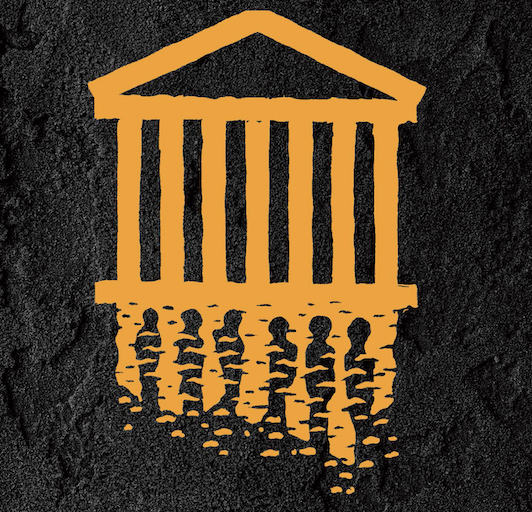About the Authors
Stephen B. Bright has tried capital cases before juries in Alabama, Georgia and Mississippi; argued four capital cases before the United States Supreme Court; and argued many other cases before state and federal appellate courts. The Supreme Court ruled in favor of his client in each case. Three involved racial discrimination in jury selection and the fourth involved the right to a mental health expert for a poor person facing the death penalty.
He served as director the Southern Center for Human Rights in Atlanta from 1982 to 2005, and as its president and senior counsel from 2006 to 2016. Before joining the Southern Center, he was a legal services attorney in Appalachia; a public defender in Washington, D.C.; and director of a law school clinical program in Washington. He has taught at Yale Law School since 1993 and is also a visiting professor at the Georgetown University Law Center. Subjects of his litigation, teaching and writing include capital punishment, legal representation for poor people accused of crimes, conditions and practices in prisons and jails, racial discrimination in the criminal courts, and judicial independence.
Bright received the American Bar Association’s Thurgood Marshall Award in 1998. The Daily Report, a legal newspaper in Georgia, named him “Agitator (and Newsmaker) of the Year” in 2003 for his contribution to bringing about creation of a public defender system in Georgia, and “Lawyer of the Year” in 2017 for his success in challenging racial discrimination before the United States Supreme Court in the case of Foster v. Chatman. His work has been the subject of two books, Proximity to Death (William S. McFeely, 1999), and Finding Life on Death Row (Katya Lezin, 1999), and a film, “Fighting for Life in the Death Belt” (Adam Elend and Jeff Marks, 2005).
Photo: Jason Dixson
James Kwak is a writer and legal scholar. Until 2022, he was the Jesse Root Professor of Law at the University of Connecticut School of Law. He has been a member of the board of directors of the Southern Center of Human Rights since 2013 and was the chairperson of the board from 2019 to 2022.
James is the author or co-author of four previous books: Take Back Our Party: Restoring the Democratic Legacy (2019); Economism: Bad Economics and the Rise of Inequality (2017); White House Burning: The Founding Fathers, Our National Debt, and Why It Matters To You (2012), a Wall Street Journal business bestseller, with Simon Johnson; and 13 Bankers: The Wall Street Takeover and the Next Financial Meltdown (2010), a New York Times bestseller, also with Simon Johnson. He has published academic papers in a wide range of fields including retirement savings, social insurance, regulatory capture, corporate law, and the taxation of capital income. He was a co-author of The Baseline Scenario, for several years a leading blog covering economics and public policy. His articles have appeared in many publications, including Democracy, The American Prospect, Washington Monthly, Finance and Development, The New York Times, The Washington Post, and The Los Angeles Times, and on the websites of The Wall Street Journal, The Atlantic, The Huffington Post, NPR, Foreign Policy, and The Financial Times.
James has an A.B. in social studies from Harvard, a Ph.D. in history from the University of California, Berkeley, and a J.D. from the Yale Law School. In law school, he took Steve’s course on capital punishment and also worked in the Capital Punishment Clinic for one year. He lives in Amherst, Massachusetts and plays cello in the New England Repertory Orchestra and the Worcester Symphony Orchestra. James’s website is https://jameskwak.net.


